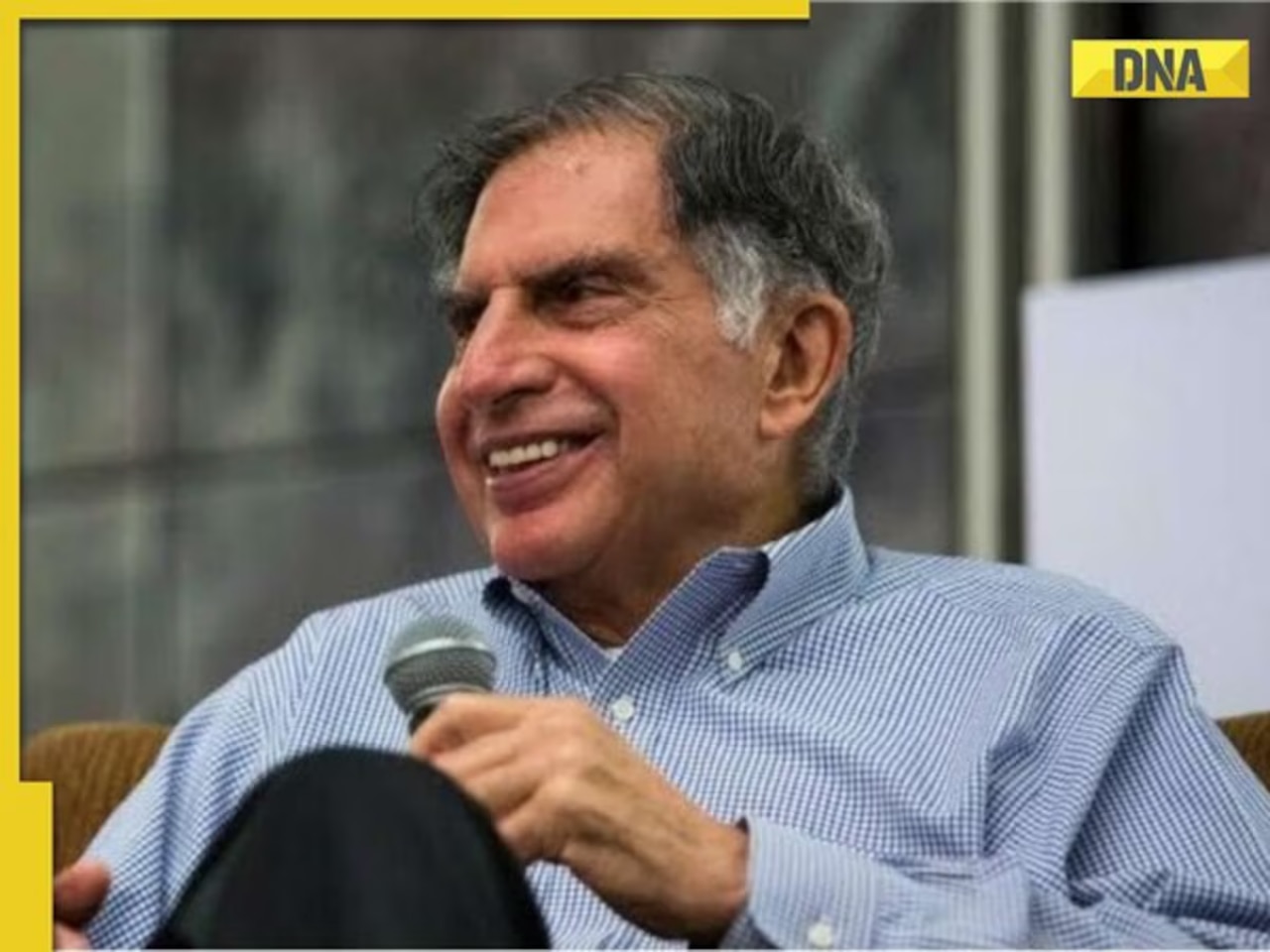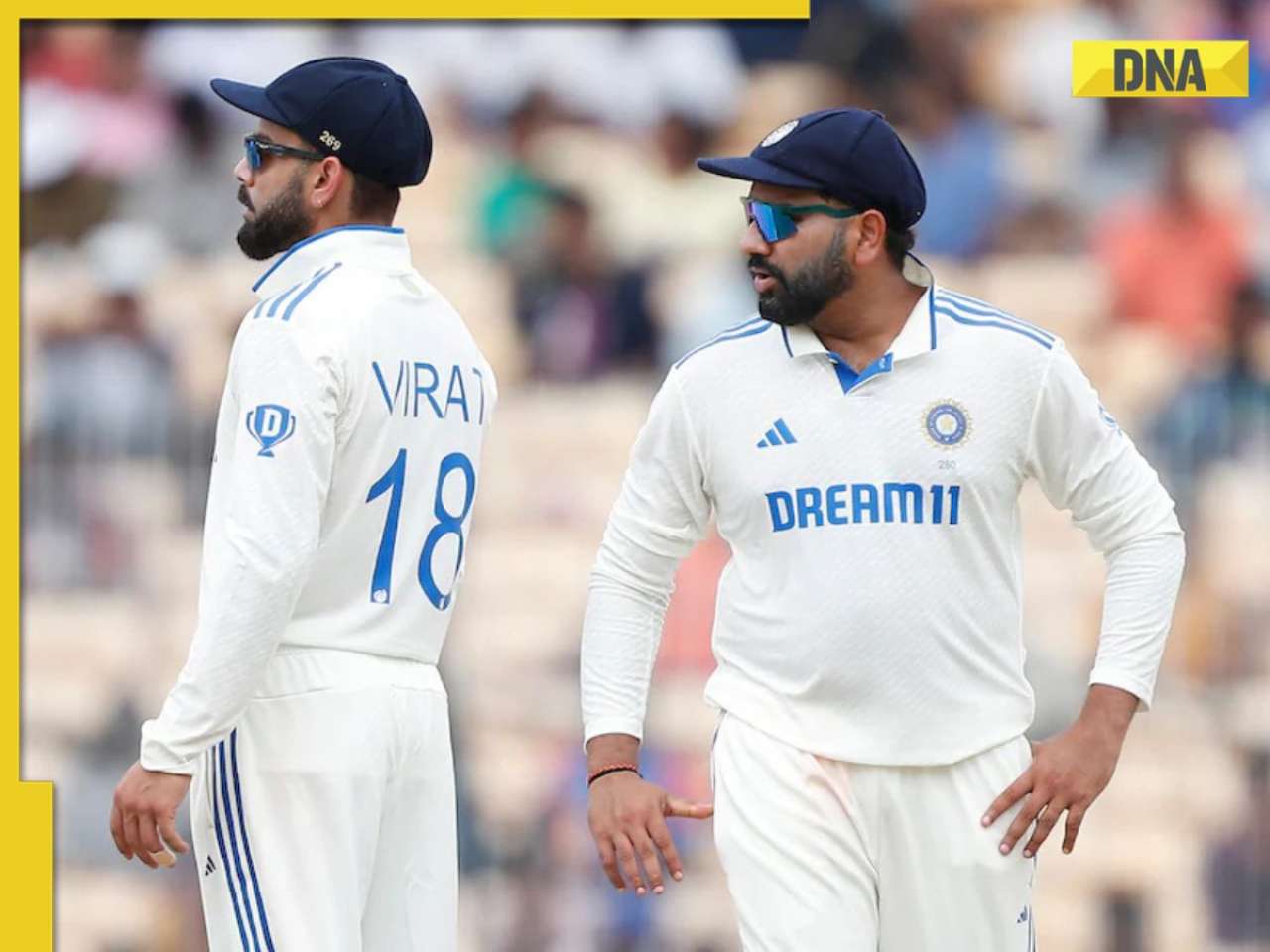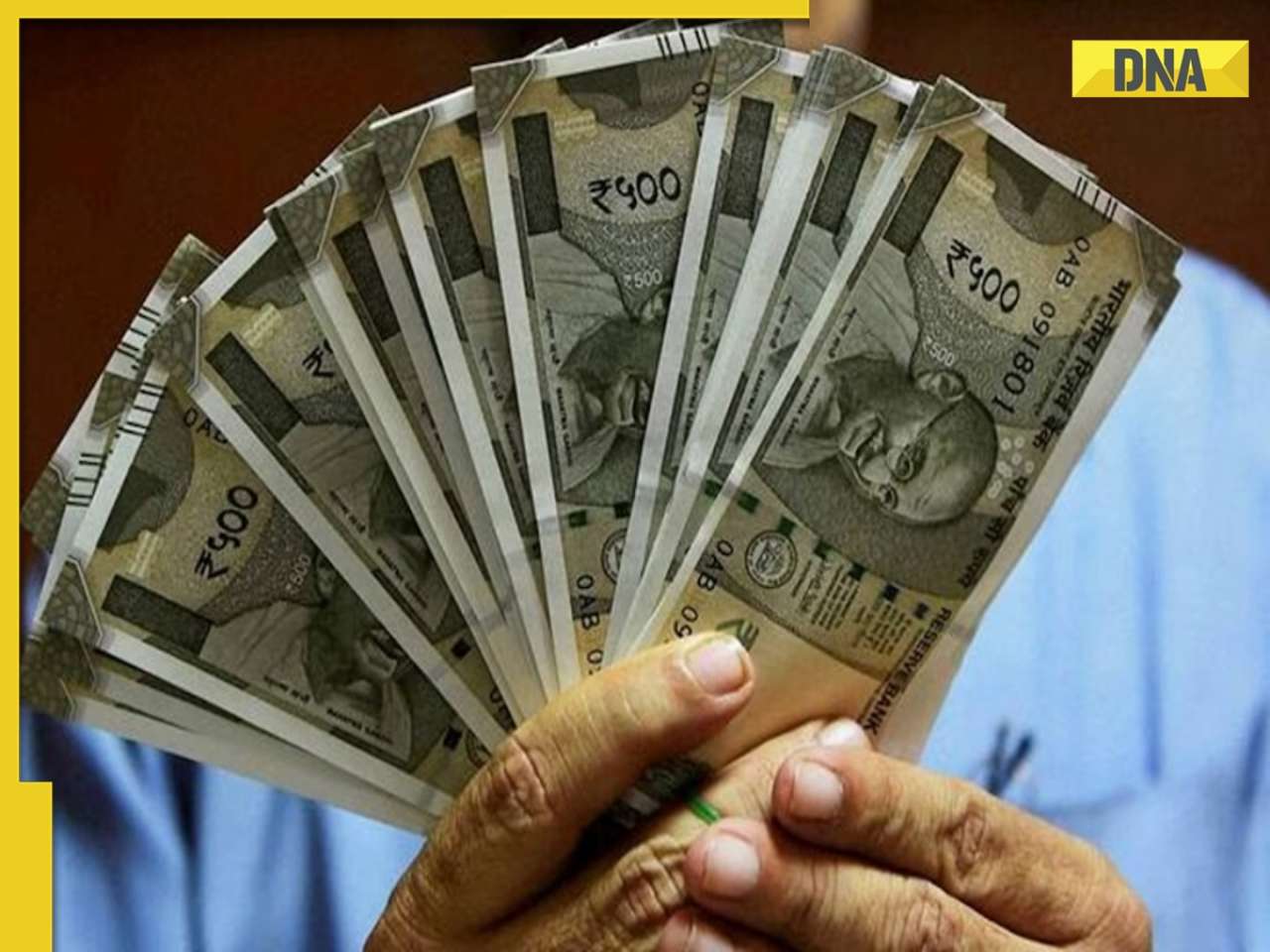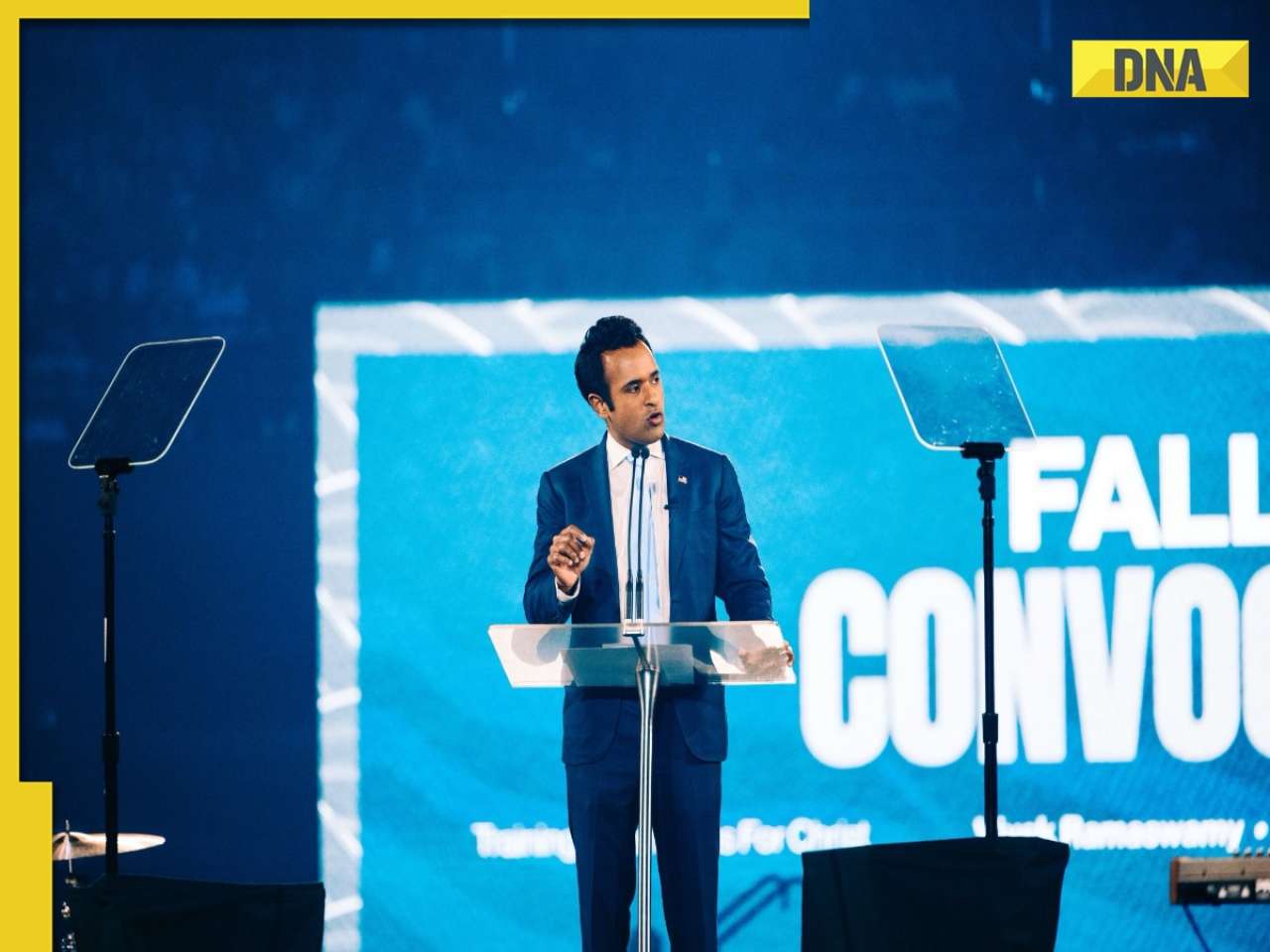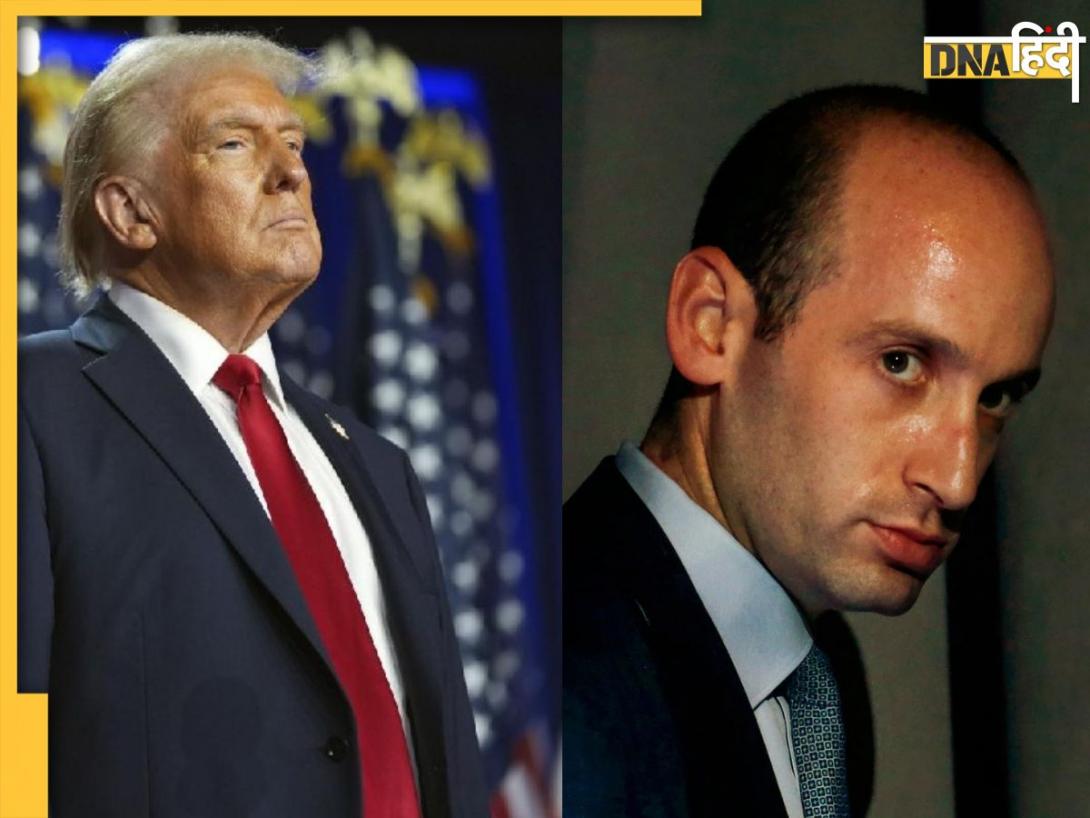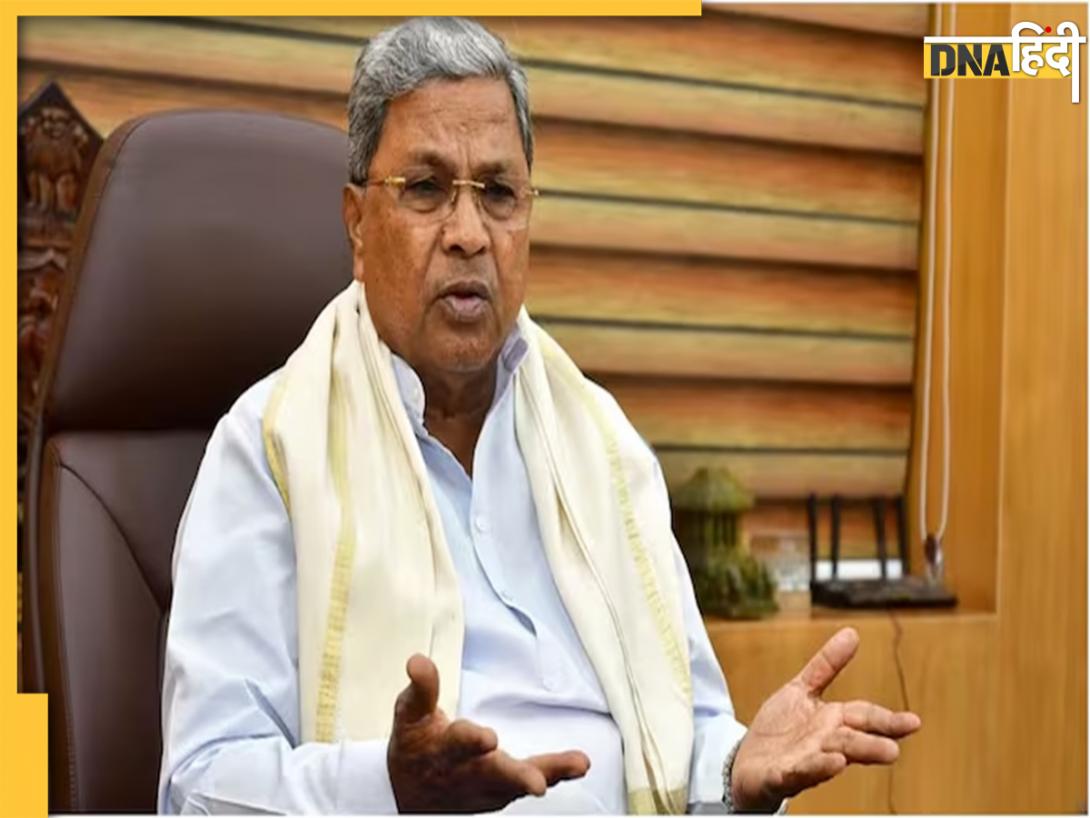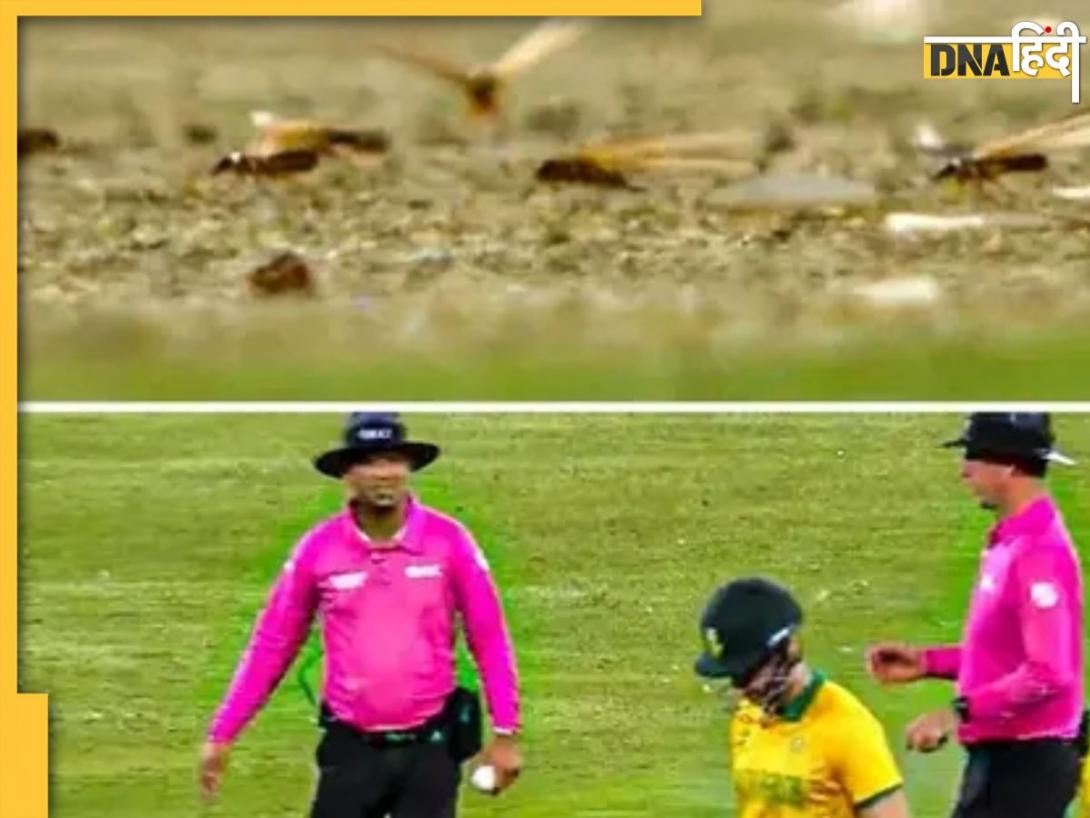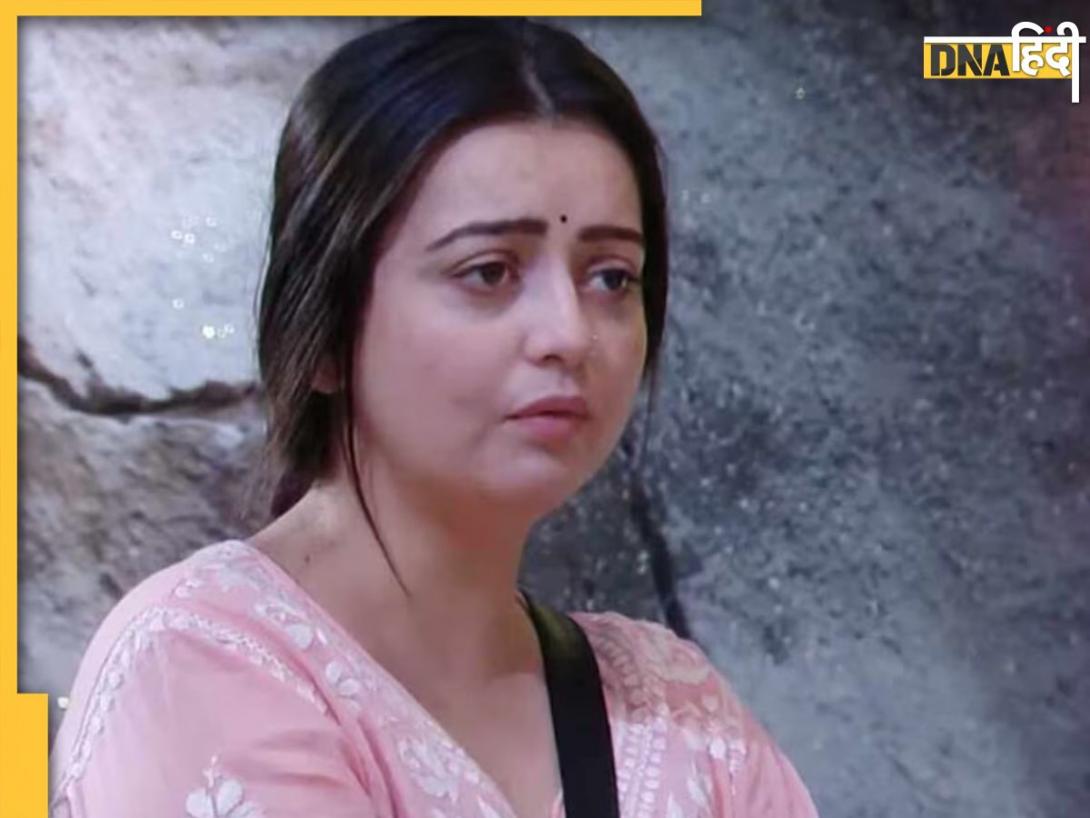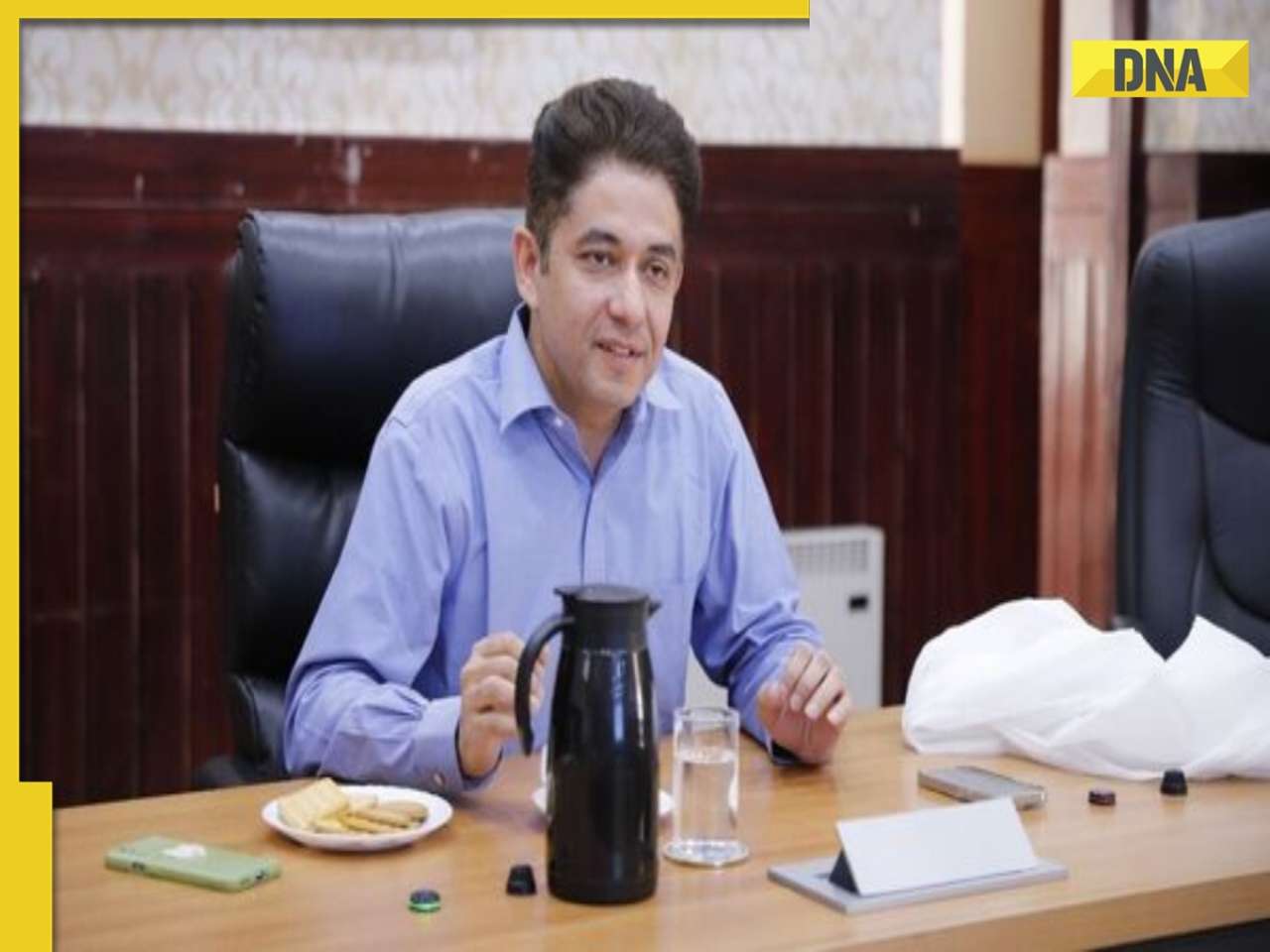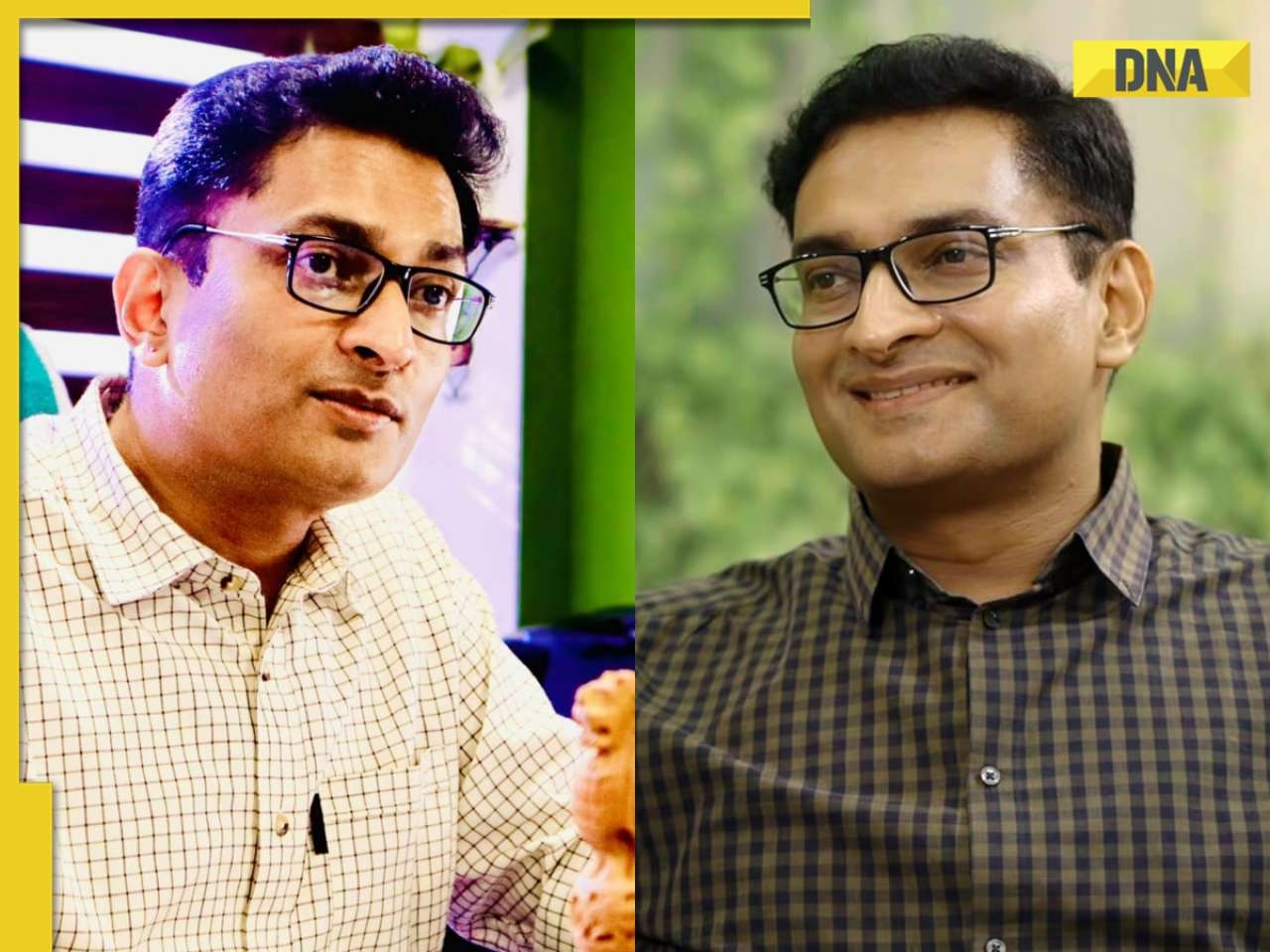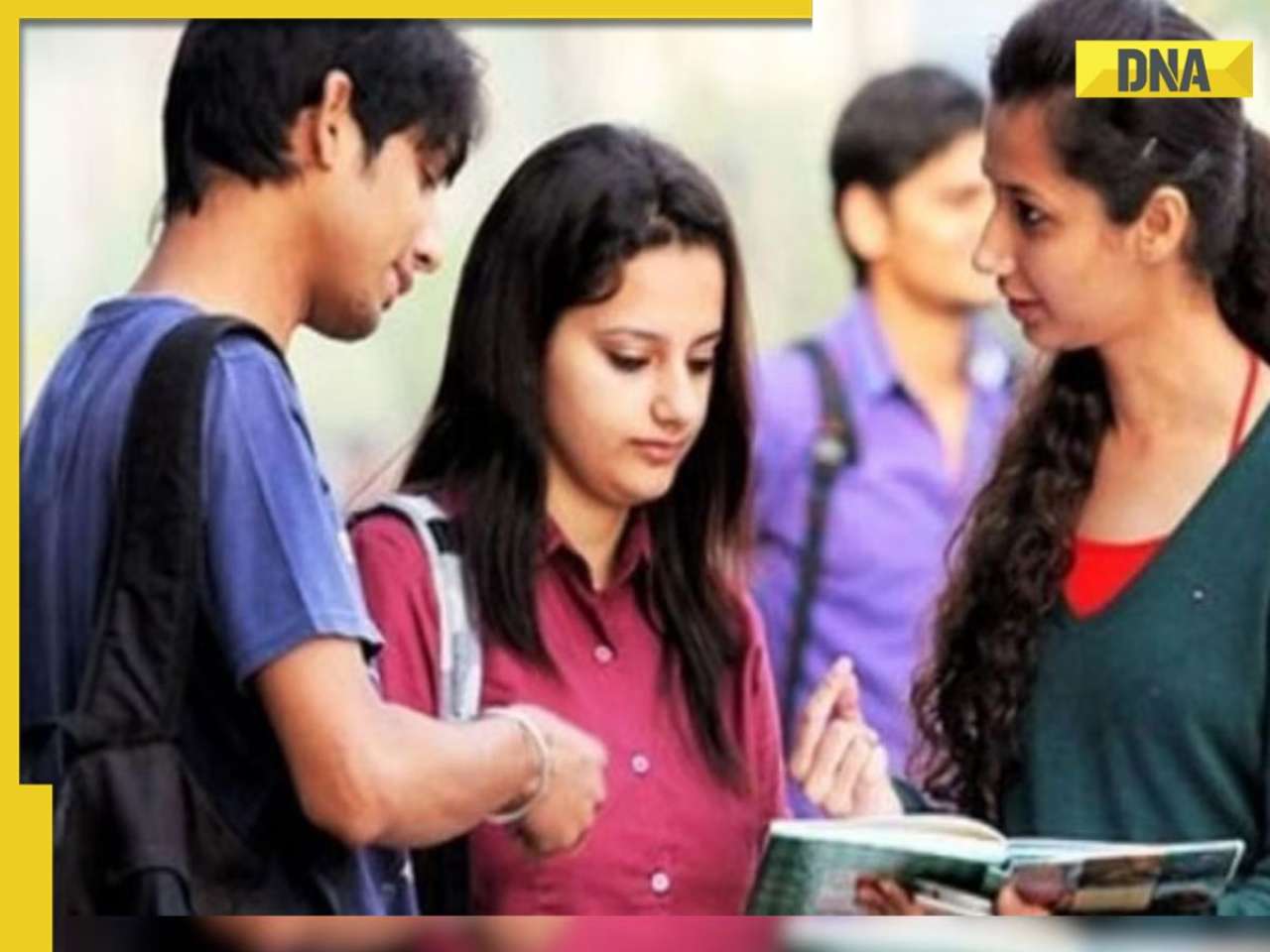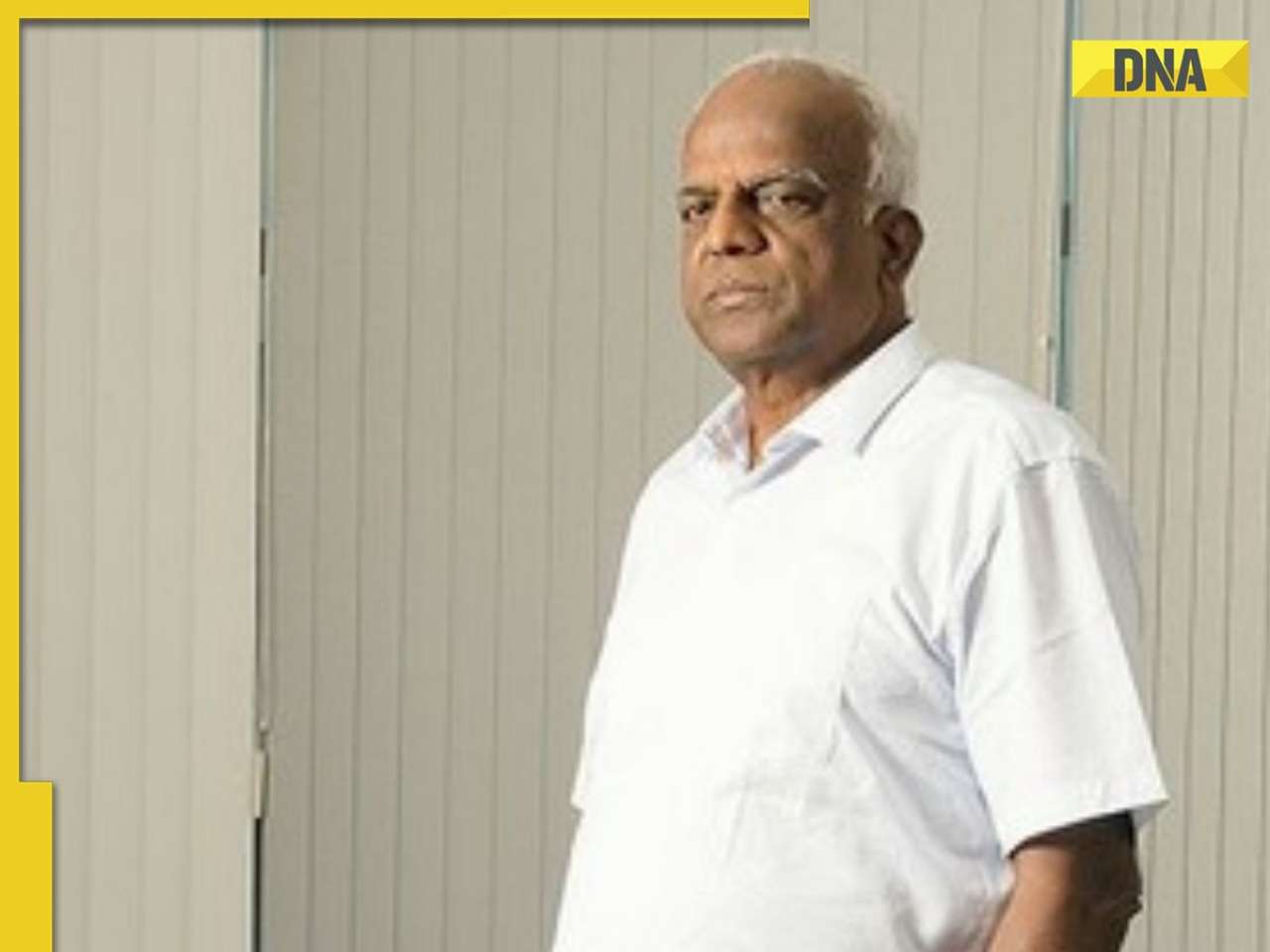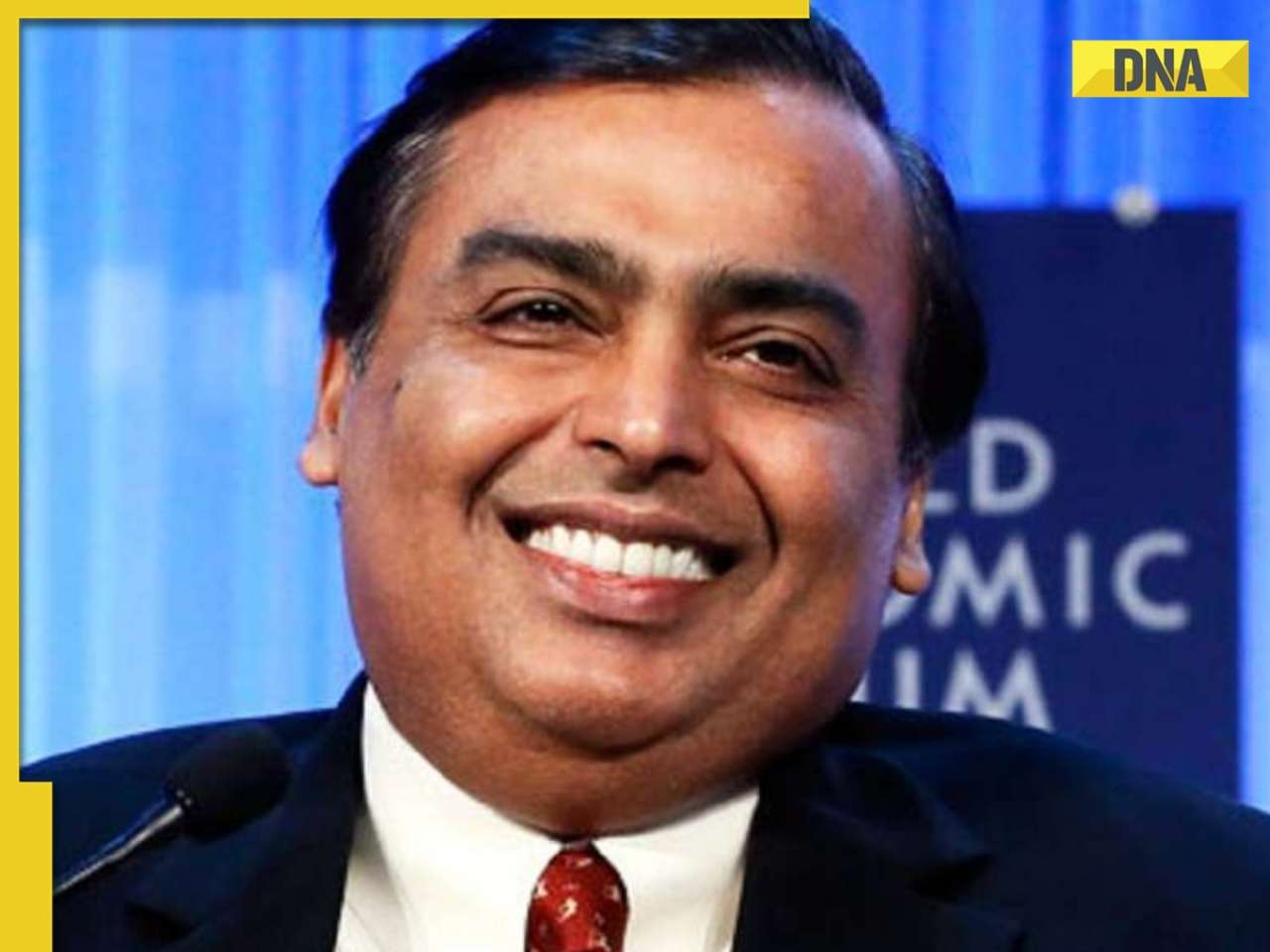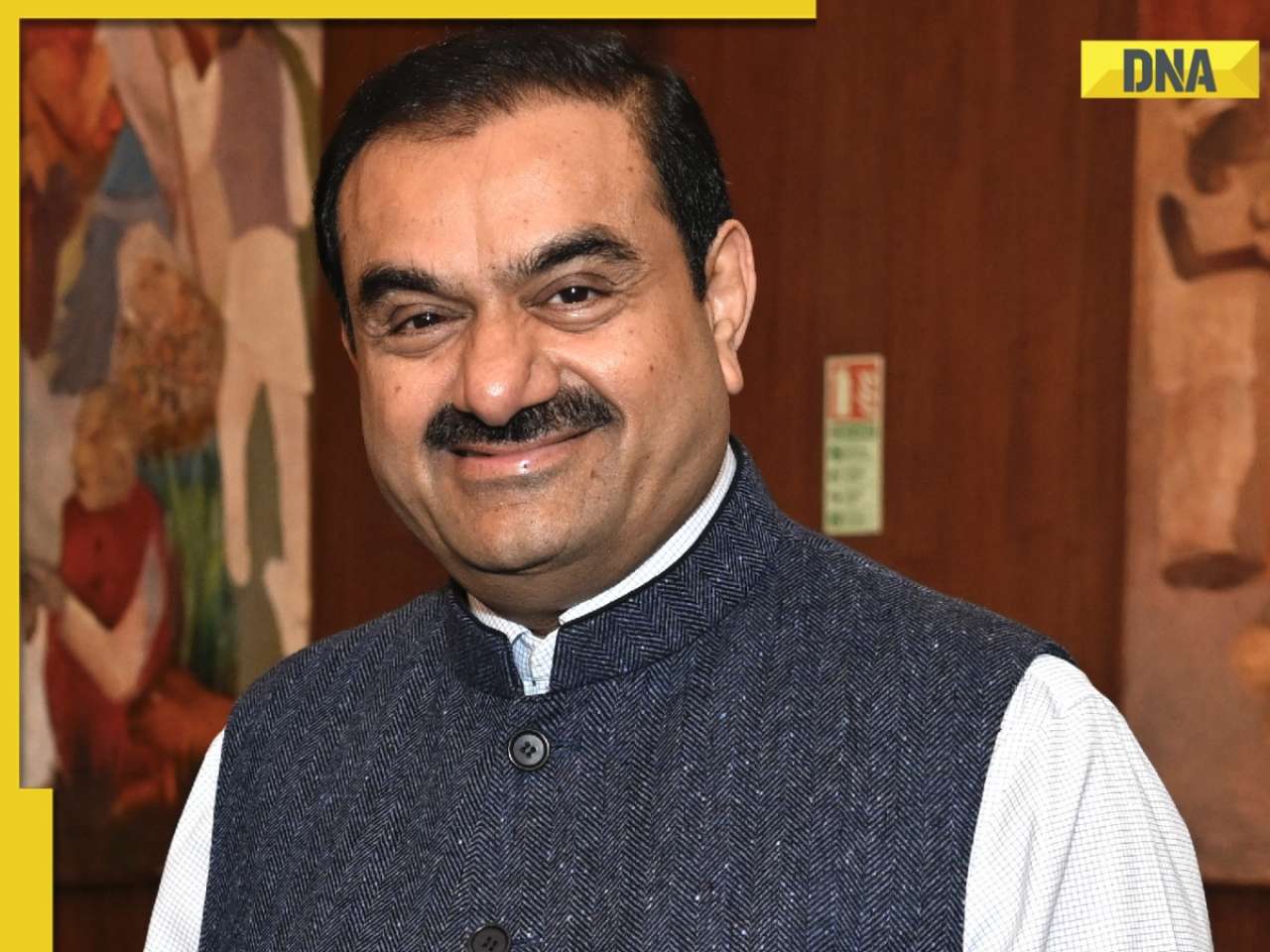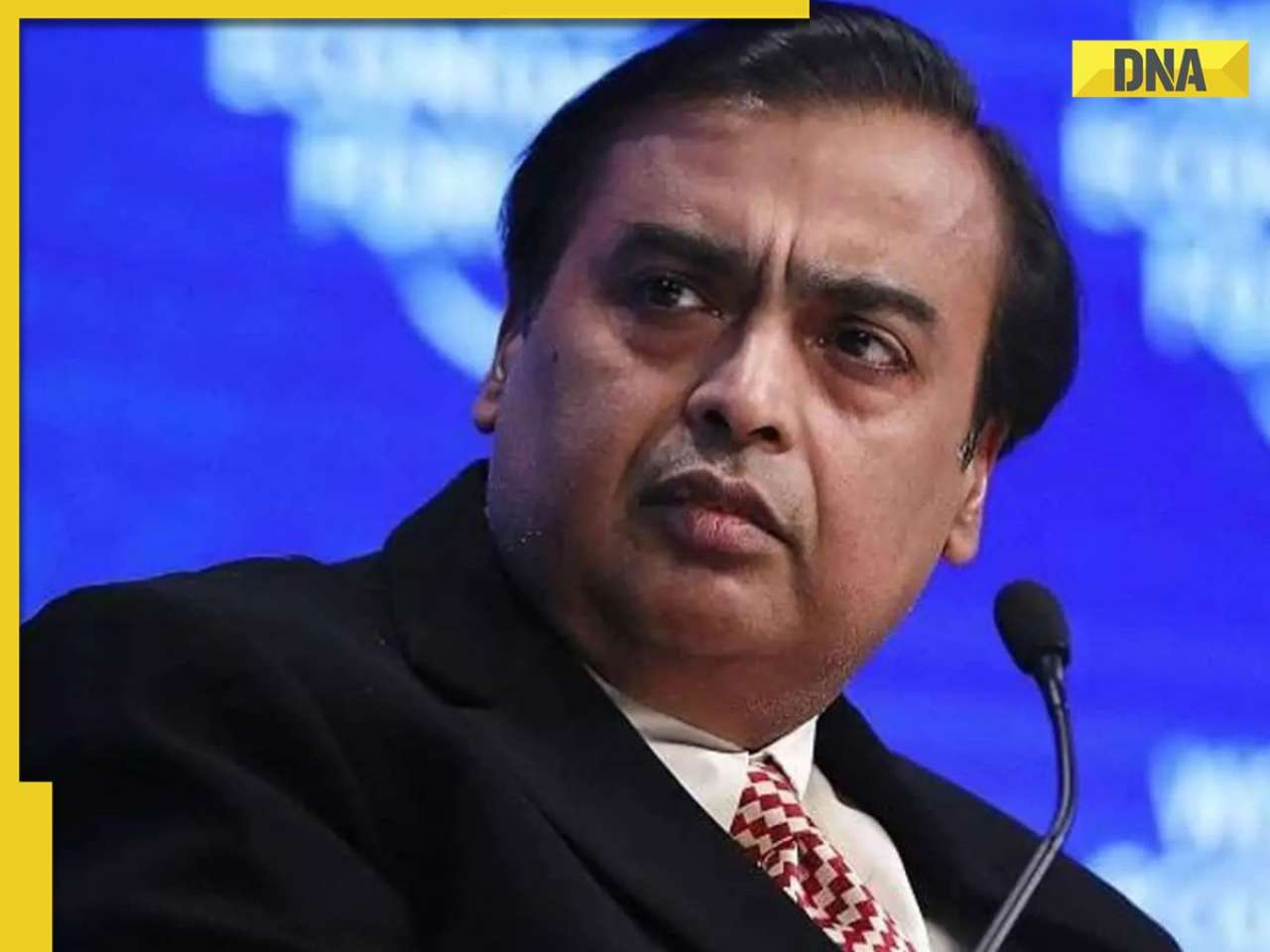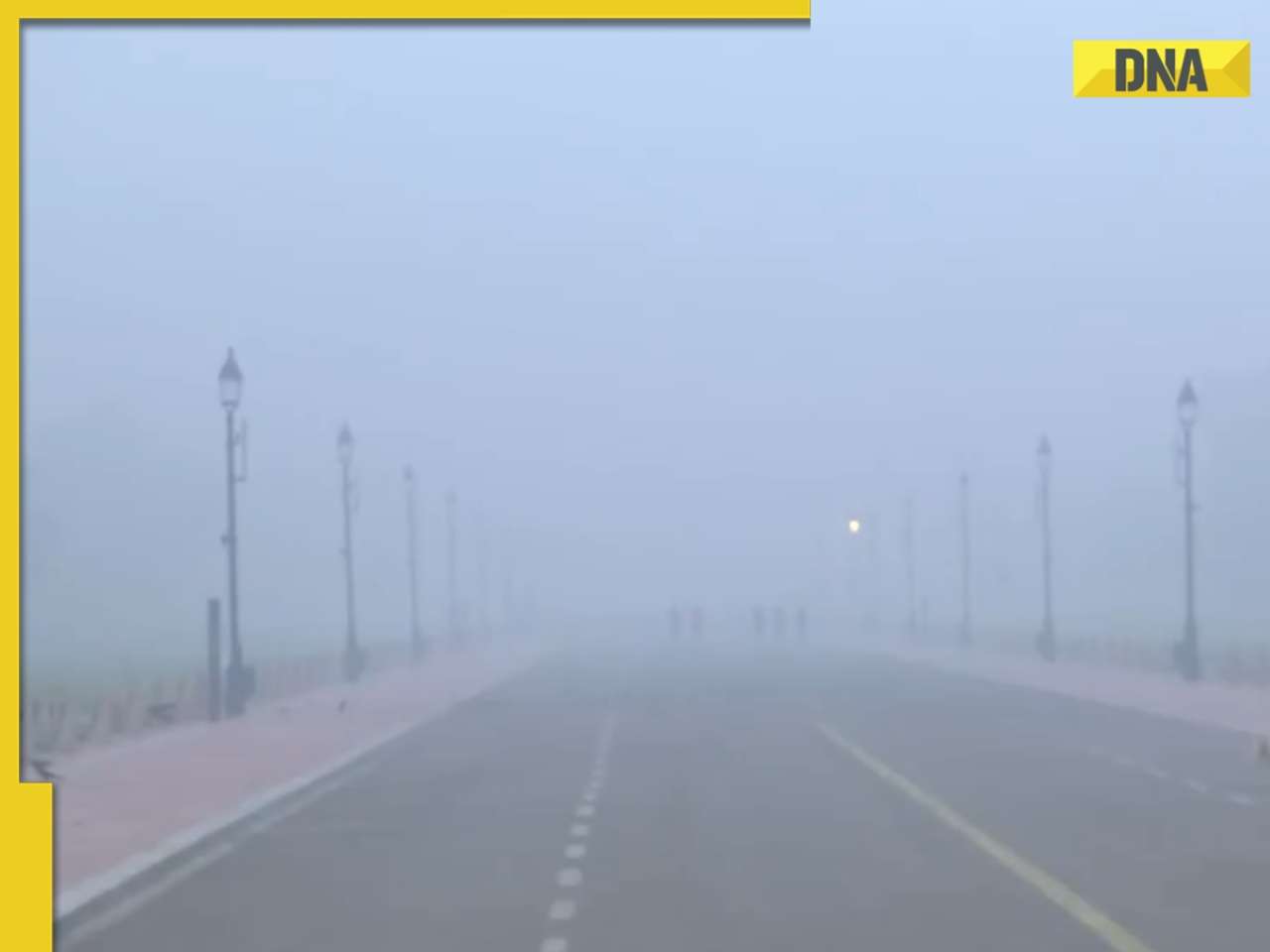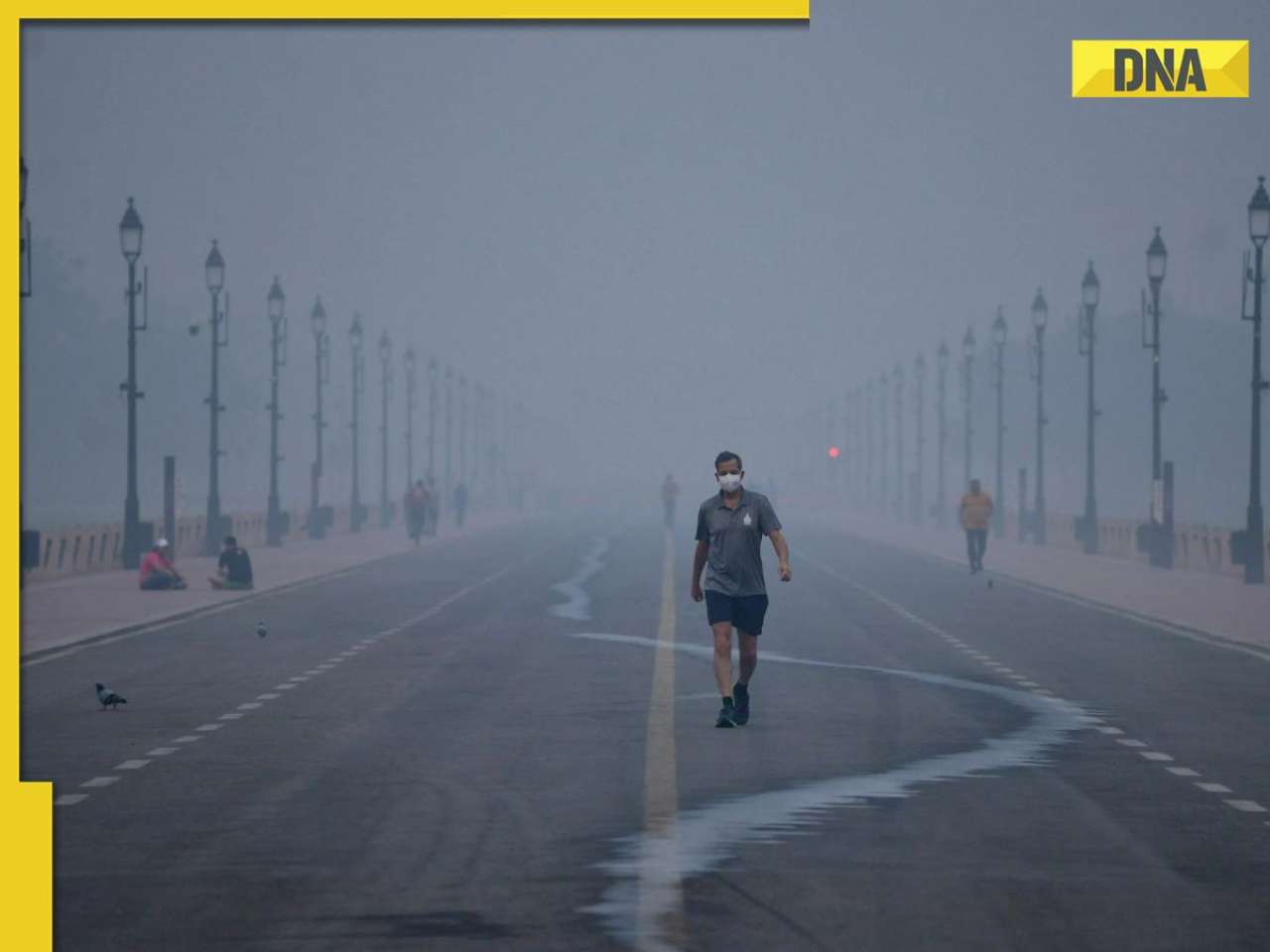- LATEST
- WEBSTORY
- TRENDING
SPORTS
World T20 fiasco: Blame falls on IPL and its parties
The after-parties, interim chairman Chirayu Amin recently suggested, will be discontinued from next season, but there are other problems.
TRENDING NOW
For the second time in less than 10 months, the focus is set to shift to the cricketing ills sparked by the 45-day carnival called the Indian Premier League (IPL).
After India’s World Twenty20 campaign ended without a Super 8 win yet again, skipper Mahendra Singh Dhoni was asked about any lingering effects of the cash-rich league. “I’ve had no setbacks because of the IPL,” he started, but instead of a more stout-hearted defence of the league, he followed up by all but admitting that collateral damage caused by it couldn’t be ignored. “Players need to be smart because the IPL is not only about cricket. You have to respect your body and if you don’t do that then the IPL is draining. If you play late games and go to the parties and travel the next day it takes a toll.”
The after-parties, interim chairman Chirayu Amin recently suggested, will be discontinued from next season, but there are other problems. As Dhoni had said two days ago, the quality of competition in the IPL was far below international standards. “Most of the sides have maybe one bowler who bowls really good, really quick, but apart from that you try to target the weak links,” he said.
On Wednesday, other experts, including former skipper Sourav Ganguly, added weight to the argument. “You don’t expect to go to World Cup semi-finals if you play cricket like the way the team has played in the Caribbean. The IPL is a domestic tournament and the standard is much lower than a world event where you are up against quality batsmen and bowlers,” Ganguly was reported as saying.
Yusuf Pathan, for example, slammed a 37-ball 100, described by Shane Warne as the best he had ever seen, a couple of months ago. He has now scored a total of 107 runs in eight innings across two editions of World T20. Having thrived on pancake flat tracks across India, for two years straight the team has gone into World T20 believing they are in prime form. And again, on a pitch with a bit of juice, they were done in by a string of bouncers.
“Most of us have the problem of playing short-pitched balls. So it is not just the youngsters who had problems. We can’t neglect it any more. But we don’t have bowlers who consistently at 145-50 kph and most of wickets in India don’t have that kind of bounce,” he said. As in England, the team had only optional net sessions between games, even after having been exposed by Australia, but Dhoni remained adamant that “another net session would not have made a difference”.
It’s hard to figure out where - amidst the pile of allegations and counter-allegations of corruption, conflicts of interest, sweat equities, facilitation fees, rigged bids, show-cause notices and 10,000-page responses (still awaited) - this one lies on the league’s gigantic pyramid of problems that need to be dealt with.
BCCI’s media committee in-charge Rajiv Shukla suggested that it wasn’t very high on the priority list. “International cricket has always been very hectic and we have always had back-to-back matches and tournaments,” he said. “We cannot really say if that has had a bearing on team performance. The BCCI has clearly told players that if they are fatigued they should inform the board immediately, take selectors into confidence and they will be rested.”
A sense of been-here-before is inevitable. At the end of India’s badly misfiring 2009 World T20 campaign in England, coach Gary Kirsten sat down to address a conference room packed with journalists, his perennially calm exterior concealing the storm he was about to unleash. Not mincing any words, Kirsten squarely put the blame of the insipid performances squarely on the IPL, plus injuries, caused by the 45-day romp across all corners of India.
Kirsten had said back then that he would consider pulling players representing India out of the IPL and while that was always going to be a highly unlikely proposition, it’ll be interesting to see if the new guard at the IPL will take these complaints into account.
For three consecutive seasons, commentators and administrators have tried to convince the country that the IPL was the best thing to happen to Indian cricket, but with every passing failure of the national team, the spotlight on role of the mega-bucks league is bound to get harsher.

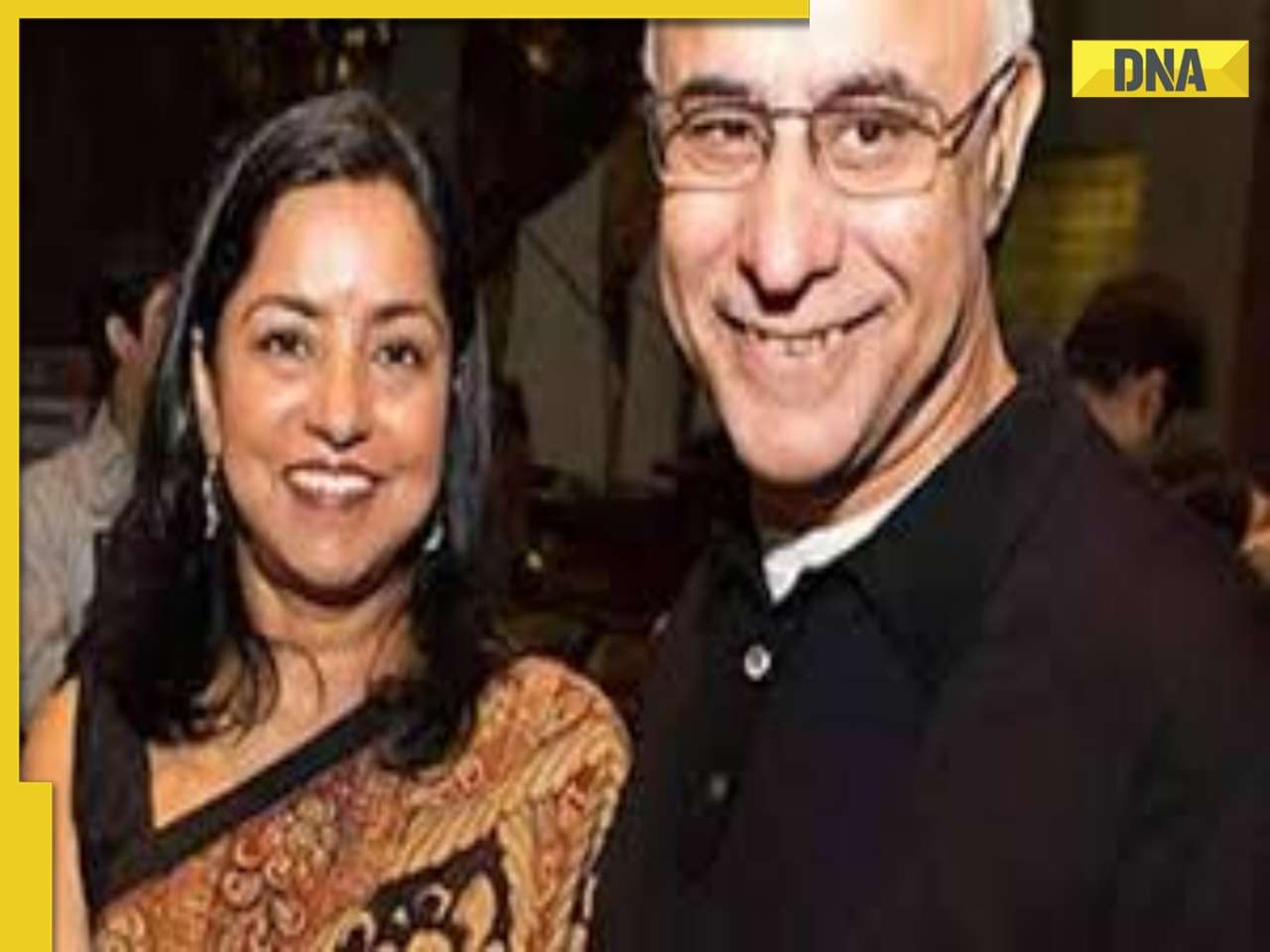






)
)
)
)
)
)
)
)
)
)
)
)
)
)
)







